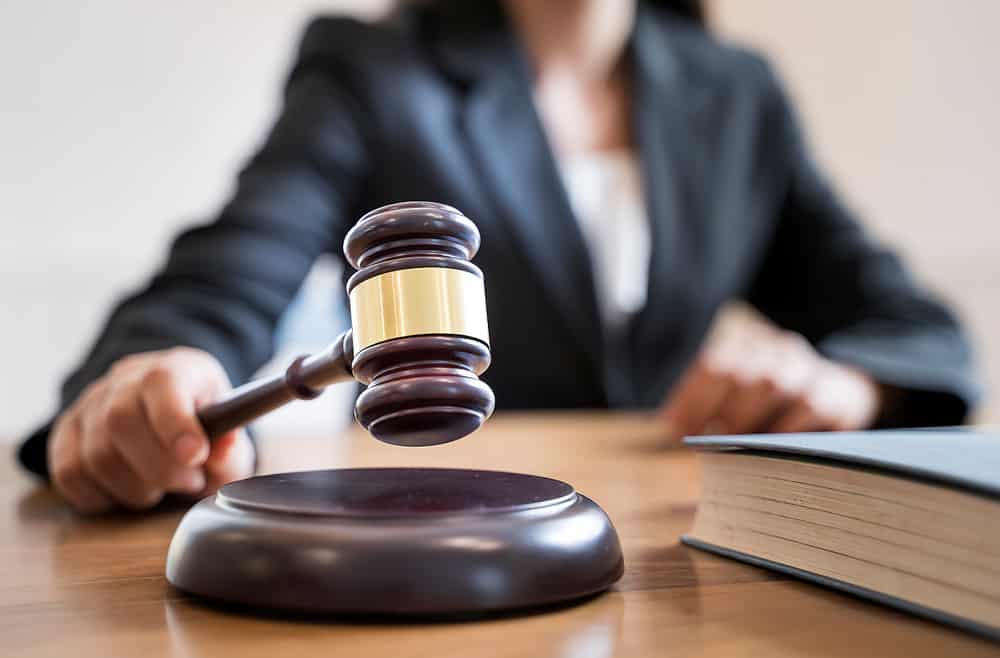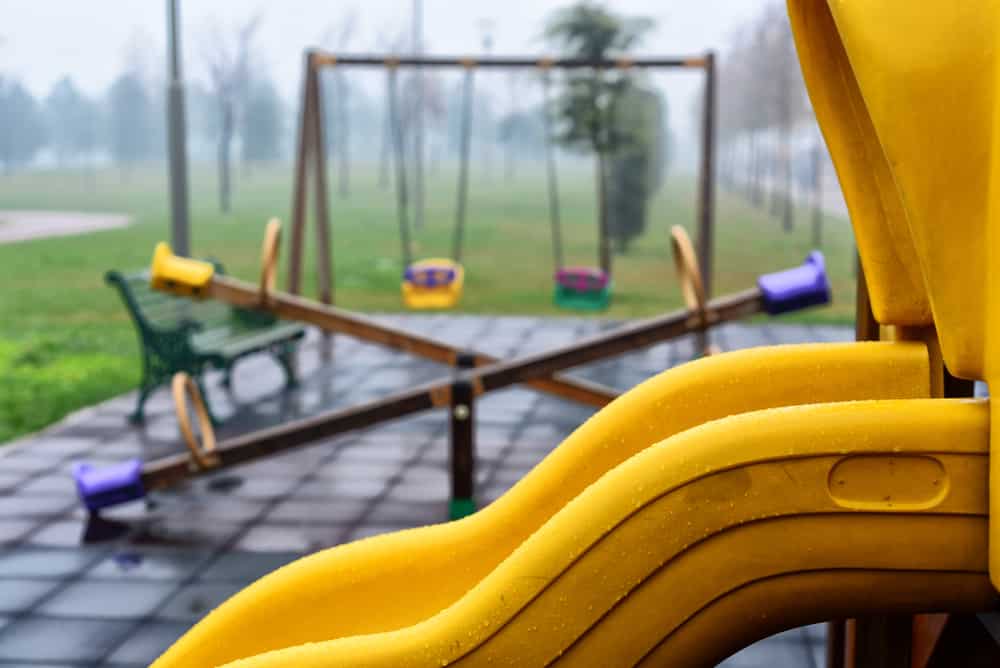
Article written by Rosemary Bocska
Child abuse is a sensitive subject, but one that needs attention. In order to promote awareness, we are focusing on child abuse as it is addressed in Family law. Specifically, where one parent suspects that the other parent might be physically or sexually abusing the child they have together.
We will briefly discuss how to identify child abuse, what to do about it, and how it might impact a court dispute between parents around decision-making authority and parenting time.
What are the Signs of Child Abuse?
Child abuse is a serious matter. Don’t make allegations lightly. But when parents are living separately, it can be hard to detect and prove abuse. There are a few telltale signs to look out for. These include situations where the other parent:
- Delays seeking medical attention for the child’s injury
- Has explanations for the injury but inconsistently describes them over time
- Offers explanations for an injury that do not fit with the child’s development level. This may include clumsiness or falls by a child who is well above the toddler stage
Also, while in the other parent’s care, the child may have suffered injuries that are:
- Significant, yet do not match the minor incident or circumstances described. For example, a broken arm and serious bruising from rolling off a low bed.
- Serious in nature, but are improbably blamed on another, younger child
- Relatively minor, but may be incremental and repetitious (e.g. shaken baby syndrome)
The signs may be hard to spot, especially for very young children who are still learning the boundaries of what is appropriate, even with a parent or close family friend. Vigilance is key. So is open communication with the child.

What Steps Should You Take?
If you suspect the child’s other parent or other adult is abusing your child, there are some legal and practical steps you should take. The basis and depth of your suspicions will dictate your best path. The family conditions may dictate the level of discretion you use. But in all cases, you must keep your child’s best interests in mind. Here are some tips:
- Start documenting. Regularly write down what you have seen and heard.
- Assess the current risk. Try to get information, from the child or third-party sources, about how much ongoing risk and exposure the child may have. Make a plan to ensure the child’s ongoing safety. Minimize the chance for further abuse.
- Consider a medical assessment.Your doctor or local hospital can provide guidance on this. A psychological or psychiatric assessment may also be warranted.
- Reassure your child and encourage openness. This addresses your child’s inner conflict over getting the other parent “in trouble.”
- Contact the child protection services. Get in touch with your local Children’s Aid Society or the Suspected Child Abuse and Neglect (SCAN) Department at the Toronto Hospital for Sick Children, to report the situation. They will provide further guidance. If appropriate, encourage the child to contact the Kids Help Phone (1-800-668-6868).
While aimed at professionals who work with children, the Government of Canada also provides a list of resources at its website, Child Maltreatment: A “What to Do” Guide for Professionals Who Work With Children.
Child Abuse and Custody Determinations:
When raised as part of a divorce, Family courts take a serious view of child abuse allegations. They also take a stern look at the evidence. Here are some of the key principles applied, as shown by some real-life cases:
1) Mere Allegations are Not Enough
Child abuse allegations against a parent – if still unproven – do not necessarily mean the accused parent will not get access. For example, in Kumurdjieva v Cerasuolo, 2019 ONSC 5949 (CanLII), the mother alleged child abuse by the father, as part of their dispute over decision-making authority and parenting time. Even while the allegations were still being investigated by police and the Children’s Aid Society (CAS), the court found no reason not to allow the father to have ongoing regular contact with the child, including weekly overnights. It was in the child’s best interests to have contact with the father pending the investigation outcome (which in this case, resulted in no charges being laid).
2) Court May Initiate Investigations
If child abuse allegations are levelled by one parent or another, the Family court may also take independent steps to have the matter investigated. (These are on top of the investigatory measures by police or the CAS). It may order a Custody and Access Assessment to be completed by an expert Assessor, under s. 30 of the Children’s Law Reform Act(CLRA). The Assessor reviews the home environments of both parents. He or she will also interview the child separately. Based on the collective evidence which includes any CAS and police investigation files, the Assessor draws conclusions on the validity of any abuse allegations.

3) Factors for the Court
If a Family court has reason to believe that a child is being abused, this will come to the forefront in its ruling around decision-making responsibility and parenting time. Section 24 of the CLRA specifically requires the court to consider the presence of “family violence” (which includes child abuse). The court must assess the appropriateness of any order it makes, in view of any civil or criminal proceeding, order, condition, or measure that is relevant to the safety, security and well-being of the child. There is a very long list of factors for the court to assess.
4) Allegations Must Be Credible
In this context, the court will make its assessments based on the evidence – not a hunch. In the custody case of M.K. v. M.A., 2021 ONCJ 658 (CanLII), the mother made what turned out to be unfounded allegations that the father was sexually abusing their 2-year old child. These were based not on evidence, but rather on her “mother’s intuition” and what she said was “just a feeling.” Neither CAS, the hospital, nor the police ever found reason to investigate.
The court found these repeated unfounded allegations “disconcerting.” Their timing was also suspect, since she raised them only after it was clear her relationship with the father was over with no prosect of reconciliation. The court noted it caused the child to be subjected to intrusive and repeated examination of his genitals and anus by investigators. In the court’s view they were part of a very serious and disturbing pattern of her attempts to interfere with the child’s relationship with his father.

Why is it Important to Retain a Family Lawyer?
If your divorce proceedings include allegations of child abuse (either by you, or against you), it is vital to hire an experienced Family lawyer to deal with it. For example, your lawyer will know to obtain the necessary Child Assessment reports, prepared by an expert Assessor, that the court will look at when making a parenting time decision that is in the child’s best interests. Whether the allegations are unfounded or not, this ensures the court will have the best possible evidence and information when it makes its decision.
%201.png?)
